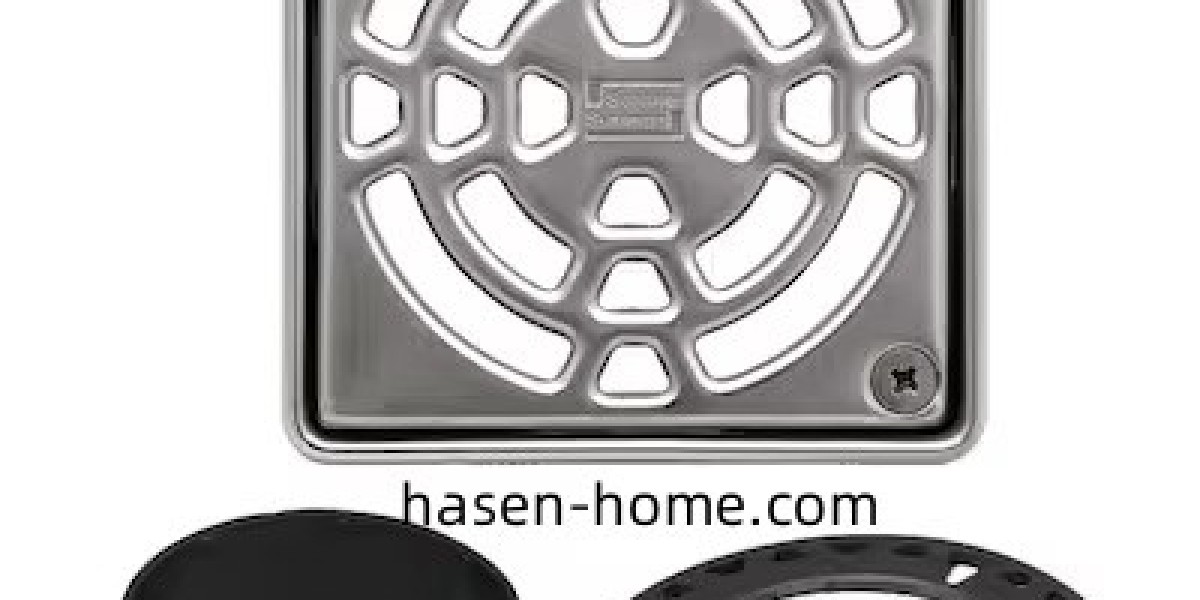X-ray Inspection Systems Technology: A Critical Eye into Quality and Safety
In industries where precision, quality, and safety are non-negotiable, X-ray Inspection Systems Market Growth have emerged as indispensable tools. By enabling non-destructive internal inspection of products, components, and assemblies, this technology ensures defects are identified and eliminated before they reach the end user—without damaging or disassembling the product.
From electronics and aerospace to food, pharmaceuticals, and automotive sectors, X-ray inspection technology plays a vital role in quality assurance, regulatory compliance, and process optimization.
What Are X-ray Inspection Systems?
X-ray Inspection Systems use X-rays to penetrate and visualize the internal structure of objects. When X-rays pass through an object, different materials absorb them at different rates based on density and thickness. A detector captures the resulting image, revealing internal features such as voids, cracks, contaminants, misalignments, and foreign objects.
This technology enables non-destructive testing (NDT)—allowing detailed inspection without altering the product’s integrity.
How X-ray Inspection Works
X-ray Source emits a controlled beam of X-rays.
The object is positioned between the X-ray source and detector.
Denser materials (like metals or bones) absorb more X-rays and appear darker on the detector.
The detector captures a 2D grayscale image (or 3D CT in advanced systems), revealing internal structures and inconsistencies.
Advanced software analyzes images for automated defect detection or operator review.
Types of X-ray Inspection Systems
1. 2D X-ray Systems (Radiography)
Used for flat or single-view inspections.
Common in food and packaging for foreign object detection.
2. 3D X-ray Systems (Computed Tomography or CT)
Create volumetric images by compiling multiple 2D slices.
Ideal for electronics, aerospace, and additive manufacturing inspection.
3. Real-Time X-ray (Live Imaging)
Provides continuous inspection, especially useful in production lines.
4. Automated X-ray Inspection (AXI)
Integrated into SMT and PCB assembly lines for high-speed, unattended defect detection.
Key Applications
? Electronics & Semiconductor
Detect soldering defects, misaligned components, BGA voids, and cracks in PCBs.
? Food & Beverage
Identify bone fragments, metal shavings, glass, or rubber in packaged foods.
? Pharmaceuticals
Inspect tablets for uniform density, identify broken pills, and verify packaging integrity.
?️ Aerospace & Automotive
Examine castings, welds, and composite materials for cracks, voids, and porosity.
? Manufacturing & 3D Printing
Analyze internal dimensions and detect structural flaws in metal or plastic parts.
Advantages of X-ray Inspection Systems
✅ Non-Destructive Testing (NDT): Inspect without harming or altering the product
✅ High Accuracy: Detects defects as small as a few microns
✅ Automation-Friendly: Integrates into high-speed production lines for inline QA
✅ Reduces Recalls: Prevents faulty products from reaching consumers
✅ Regulatory Compliance: Meets safety and quality standards across industries
✅ Data Logging & Traceability: Supports digital documentation and analysis
Market Growth Outlook
The global X-ray inspection systems Market Growth is expected to grow at a CAGR of 6–8% from 2024 to 2032, driven by:
Increasing focus on product safety and quality standards
Demand for automated inspection in electronics and automotive sectors
Growth of non-invasive diagnostics in pharma and medical device manufacturing
Expansion of Industry 4.0 and digital quality control systems
Leading Companies in X-ray Inspection Systems
Nordson DAGE
GE Inspection Technologies
Shimadzu Corporation
YXLON International
Mettler-Toledo
ZEISS Industrial Quality Solutions
Nikon Metrology
Smiths Detection
Thermo Fisher Scientific
These companies provide solutions ranging from benchtop X-ray units to inline, high-speed automated systems with AI-based defect detection.
Emerging Trends
? AI-Powered Defect Recognition: Machine learning improves accuracy and reduces false positives.
? Predictive Maintenance Integration: Linking inspection data to equipment health and production trends.
? Cloud-Connected X-ray Systems: Remote diagnostics, monitoring, and analytics.
? Micro-CT Scanning: Enables ultra-high resolution for miniature and complex parts.
? Multi-Product Inspection: Intelligent systems automatically adapt to different product SKUs.
Challenges
Radiation Safety Compliance: Requires shielding, licensing, and trained operators.
Cost of Equipment: High-end systems can be expensive, especially 3D CT.
Data Management: Large volumes of image data demand robust storage and analytics capabilities.
Integration Complexity: Requires alignment with existing production workflows and QA systems.
Conclusion
As product complexity grows and regulations tighten, X-ray Inspection Systems have become the gold standard for non-destructive, high-precision quality control. They provide a powerful combination of visibility, accuracy, and automation—making them essential for modern manufacturing and packaging environments.
In a world where quality and safety can define brand reputation and operational success, X-ray inspection technology offers a competitive edge that extends beyond compliance—into trust, reliability, and innovation.
Read More



